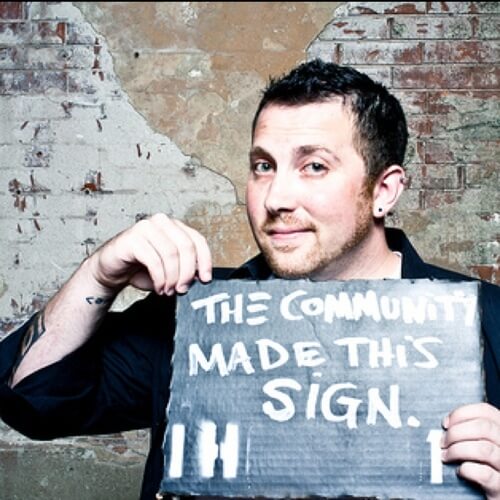This is a repost from the Coworking Google Group, because I thought it was useful enough to share here as well.
I like to look at collaboration on a coworking space from an ‘environmental’ perspective. Not like the earth’s environment, but what in terms of how you can influence behavior by changing the variables of the environment.
Think of it this way: it may be your goal to encourage collaboration, but ultimately, what you REALLY want is collaboration to be more likely to happen on its own. So it’s more of an indirect path to your goal. Here’s how we do it.
We’ve operated on the thesis that trust and relationships are the most important precursor to successfully working together, and as such, we’ve worked hard to make Indy Hall a “Community of Trust”, where events like the ones Thilo lists below serve a very specific purpose:
They get coworkers who otherwise might not be as likely to “bump” into each other casually to get to know each other outside of the working arrangement, but still in (or near) a working context.
By having work be the context, there’s a mutual understanding that the potential for working together (or otherwise collaborating, learning, etc) is baked into their interactions, so they don’t have to focus on pitching each other. Instead they focus on their personal relationship, what else they have in common, what shared connections they have, etc. Those bonds lead to trust, and trust as I’ve said is the precursor to collaboration.
If you take this environmental approach, I think you’ll find that it’s far more sustainable than shouting “COLLABORATE, YOU FOOLS!!!” at your coworkers, and the quality of life at your coworking space increases multi-fold.
With this in mind, you can take the most common events held at most successful coworking spaces, like meetups & usergroups, parties, group lunches, etc, and see how it encourages this kind of behavior, and you can also brainstorm what kinds of events make sense for you and your crew.
 I am always thinking about the intersection of people, relationships, trust and business. I founded
I am always thinking about the intersection of people, relationships, trust and business. I founded